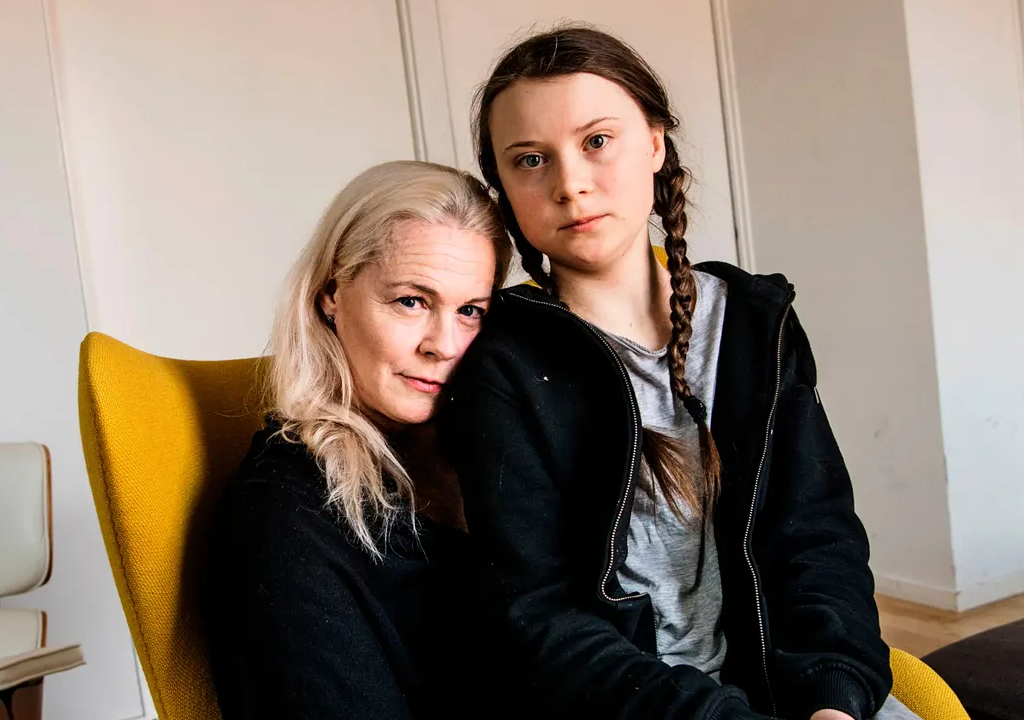Discover the truth behind the rumors surrounding Greta Thunberg anorexia and eating disorder. Get insights into the facts, her activism, and the importance of discussing mental health with compassion.
In recent years, Greta Thunberg has emerged as an influential and inspiring figure in the global fight against climate change.
Through her passionate activism and unwavering boldness, she has captured the hearts of millions worldwide.
Greta’s powerful actions sparked a global movement known as Fridays for Future or the School Strike for Climate, where students worldwide walked out of school to demand urgent action from governments to address the urgent climate crisis.
Her impact has been undeniable, and her efforts have garnered widespread recognition and admiration. Greta Thunberg has received numerous accolades for her activism, including the esteemed title of TIME magazine’s Person of the Year in 2019.
While Greta’s influence and dedication to the cause are commendable, her rise to prominence has also attracted unfounded rumors and speculations, often questioning her health and well-being.
Among these persistent rumors is the claim that she has battled an eating disorder, specifically anorexia. Read till the end to learn the truth about the alleged eating disorder rumors surrounding Greta Thunberg.
Also Read: Nina Dobrev Eating Disorder: Does She Have Anorexia?
Greta Thunberg Anorexia: Does She Have Eating Disorder?
Greta Thunberg, the renowned Swedish climate activist, has captured the world’s attention with her passionate advocacy for combating the climate crisis. However, her journey to becoming the influential voice we know today has been challenging.
In an emotional account shared by her mother, Malena Ernman, the remarkable transformation of Greta Thunberg from an 11-year-old battling an eating disorder to a leading global climate activist is unveiled.
According to Malena Ernman’s book “Our House is on Fire: Scenes of a Family and a Planet in Crisis,” Greta Thunberg’s battle with an eating disorder began when she was around 11 years old.

Thunberg started to exhibit signs of withdrawal, losing interest in activities she once enjoyed, such as playing the piano and laughing.
She also experienced a significant change in her eating habits, consuming only tiny amounts of rice, avocado, and gnocchi. Over two months, Thunberg lost 10kg, nearly hospitalizing her.
After a period of great concern for her daughter’s health, Thunberg’s mother and father, Svante Thunberg, discovered that she was being bullied at school.
The school’s lack of sympathy and understanding exacerbated the situation, blaming Greta for her struggles.
However, with the support of her family, Greta gradually regained some weight. Subsequently, she was diagnosed with high-functioning autism, which her mother describes as Asperger’s, and obsessive-compulsive disorder.
Greta Thunberg Anorexia and health update
In September 2021, Greta Thunberg discussed her personal life and provided an update on her health in an interview with The Guardian. Greta described how being diagnosed with autism brought her relief and understanding.
She explained that before her diagnosis, she felt sad and didn’t understand why she felt different. However, the diagnosis supported her and helped her comprehend her experiences.
Greta reflected on her previous statement about Asperger’s syndrome being her superpower. She reiterated that many people with autism have intense special interests that they can focus on tirelessly.

Greta views this as a valuable trait, especially regarding her activism. She believes autism can be used for positive change with the right circumstances and support.
Greta sees her purpose in fighting for climate justice and feels that her autism contributes to her ability to stay dedicated to her cause.
Despite returning to school after a gap year due to the pandemic, Greta remains committed to addressing the climate crisis. She expressed frustration at the lack of urgency in dealing with the crisis and emphasized the need for immediate action.
Greta finds solace and solidarity among fellow climate activists, especially those who, like her, are also on the autism spectrum. She described the Fridays for Future movement as inclusive and welcoming, allowing individuals to find purpose, friendship, and a supportive community.
Greta believes that joining the climate movement has positively impacted the mental health of many individuals who previously struggled with depression, as it provides them with a sense of belonging and a shared mission.
While Greta’s battle with anorexia was not explicitly mentioned in this interview, her openness about her mental health struggles in the past emphasizes the importance of addressing these issues and seeking support.
Greta’s journey, from her challenges to activism, inspires individuals facing similar struggles, highlighting the transformative power of finding purpose and a supportive community.
Continue Reading: Natalia Dyer Bulimia Or Anorexia: Eating Disorder And Health Update

